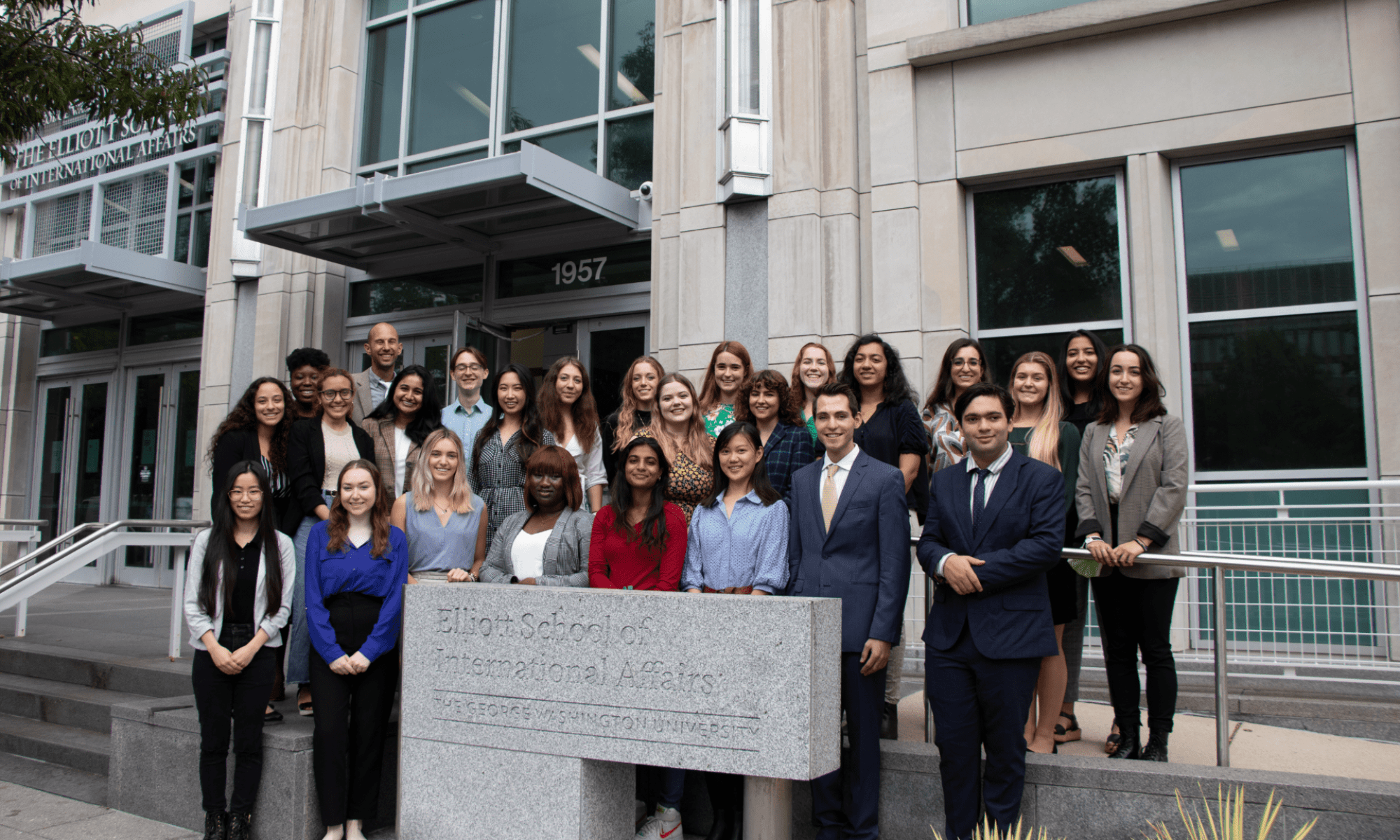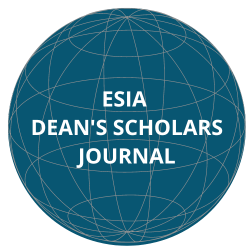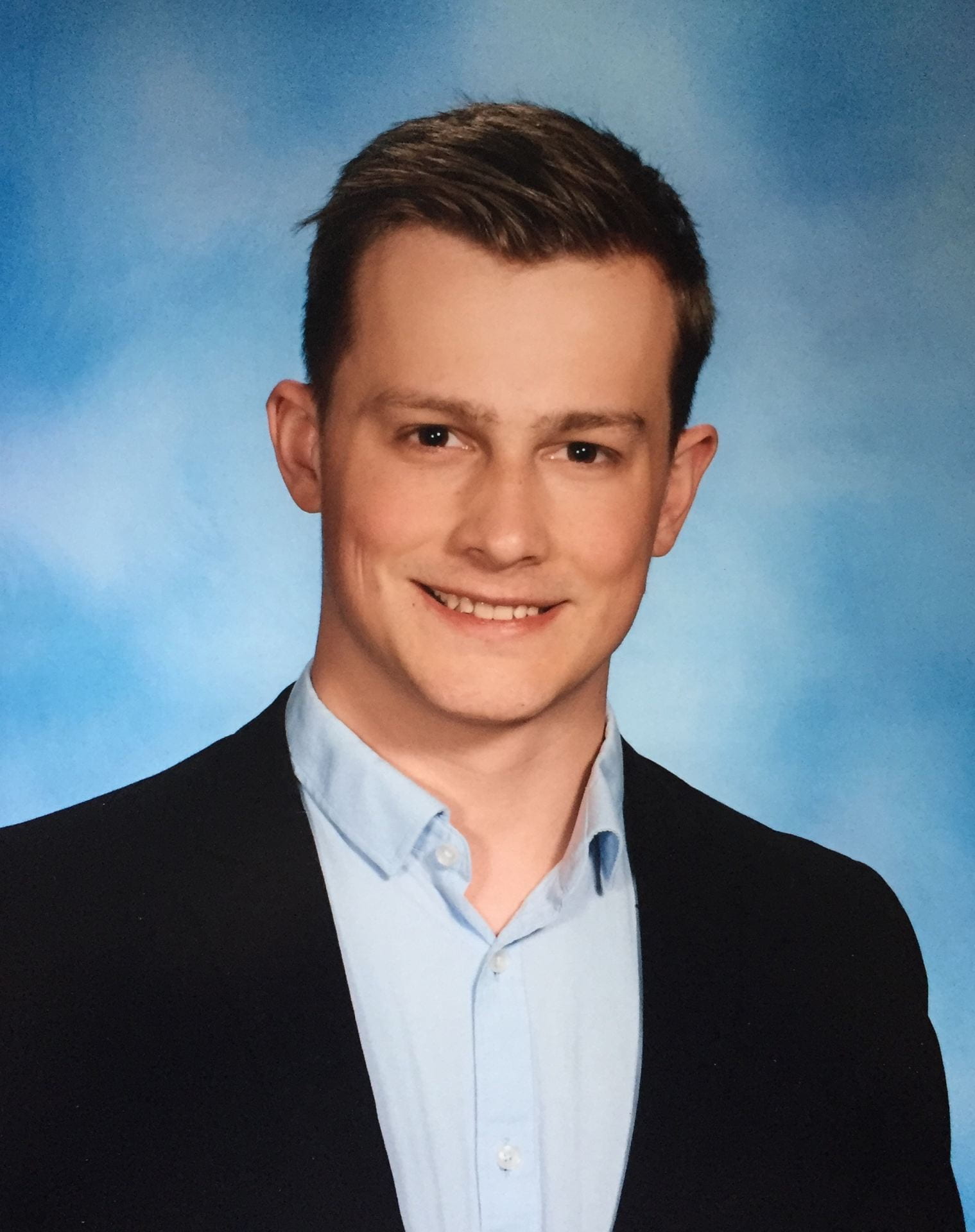By Payton Beaumier, Edited by Anneliese Raynolds

During his junior year at the George Washington University, Nicolas Reeves studied abroad in Jordan as a Boren Scholar. As friends and family came to visit him, he found himself giving multiple tours of Petra, Jordan’s most popular tourist destination. The site, exalted by 19th-century poet Dean Burgon as “a rose-red city half as old as time,” was listed in brochures as being a quiet and solitary destination. However, what Nicolas found was a lively community surrounding Petra. As he interacted with members of the city’s local Bdoul and Layathna tribes, who sell souvenirs or offer tours on their horses, donkeys, and camels to tourists, it became apparent to him that many of the individuals working in Petra were impoverished.
This puzzled Nicolas: clearly, the work the Jordanian state had put into making Petra an ideal destination for international tourists had not translated into widespread economic well-being for members of the city’s local community. As he dove deeper into the matter, he was able to see how inter- and intratribal power dynamics played a role in the impact of these tourism development efforts on different portions of Petra’s local community. From this observation, his research question was formed: How has state-led tourism development impacted the lives of members of Petra’s local Bdoul and Layathna tribespeople?

In August 2018 and March 2019, Nicolas returned to Petra for the data collection aspect of his research. Over four weeks, he conducted 56 interviews with members of Petra’s local community and gained skills that would prove beneficial in his academic and professional endeavors, both during his time at GWU and beyond.
After graduating from GWU in 2019, Nicolas participated in the Center for Arabic Study Abroad Program (CASA) at the American University in Cairo. Nicolas’s Dean’s Scholars experience illuminated for him how he could use his love for languages to combine his interests in politics, economics, and anthropology. His research, coupled with his passion for learning Arabic, allowed him to immerse himself in different cultures, conduct fieldwork in Jordan, and apply his language skills in a tangible and truly powerful way.
“My love for language could be translated into something that was going to be very tangible, perhaps something that I would like to do for the rest of my life, in terms of academic research.” – Nicolas Reeves
The Dean’s Scholars Program was able to instill in Nicolas the value of peers and mentors in research, which has allowed him to excel in his career and his continued research efforts.
“Research is never an individual endeavor, but always a collective one. ” – Nicolas Reeves
When asked what advice he had for college students pursuing research opportunities, he stated:
“I think when we’re in college and especially in a town like D.C., there’s always this idea that you have to always be moving forward and that you can never really take a step back and look at what you’ve been doing. I think in research, it’s really important to have that time to take a step back and also not be afraid to fail.”- Nicolas Reeves
Nicolas continued to adapt and improve his undergraduate research during his time in Egypt as a CASA Fellow, submitting his study for peer review and publication in the Oxford Middle East Review. His work has also been published in Afkar: The Undergraduate Journal of Middle East Studies, Abhath al-Yarmouk: Humanities and Social Sciences (Arabic), and Columbia University Journal of Politics and Society.
“I also think that no piece of research is ever finished.”- Nicolas Reeves
Note from the interviewer: As I interviewed Nicolas Reeves, I found myself inspired by the growth he experienced conducting research and by his words of wisdom. He reminded me of the importance of enjoying the research process. Most importantly, he reminded me to not be afraid to fail and take a chance as I dive into a topic I love and create work that can make a difference. – Payton Beaumier


